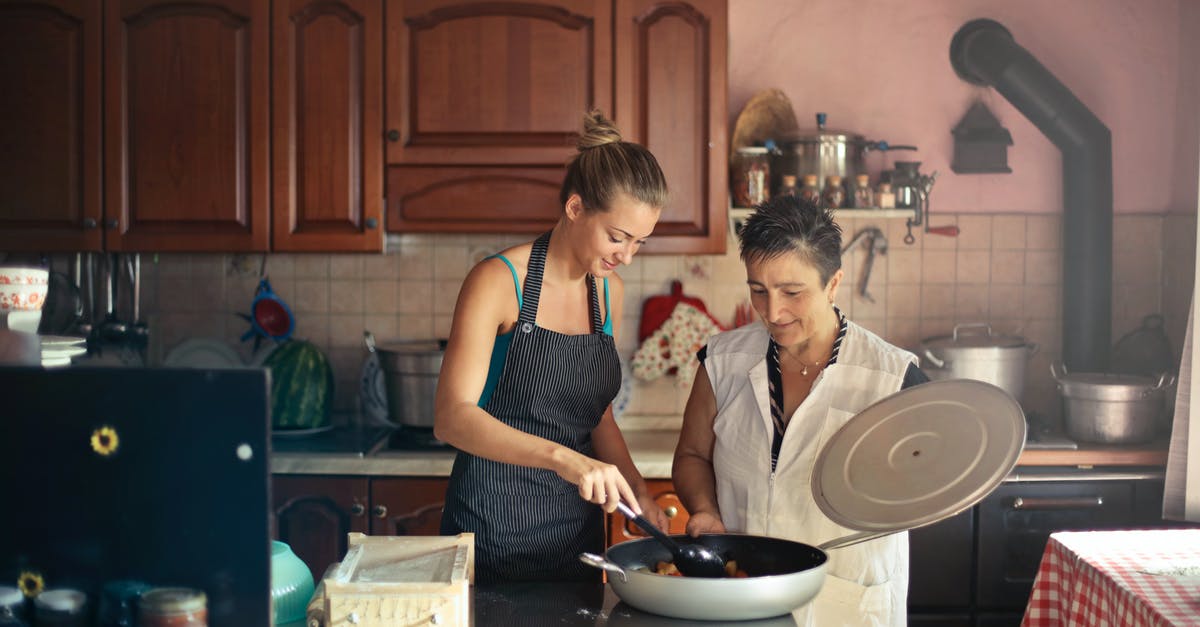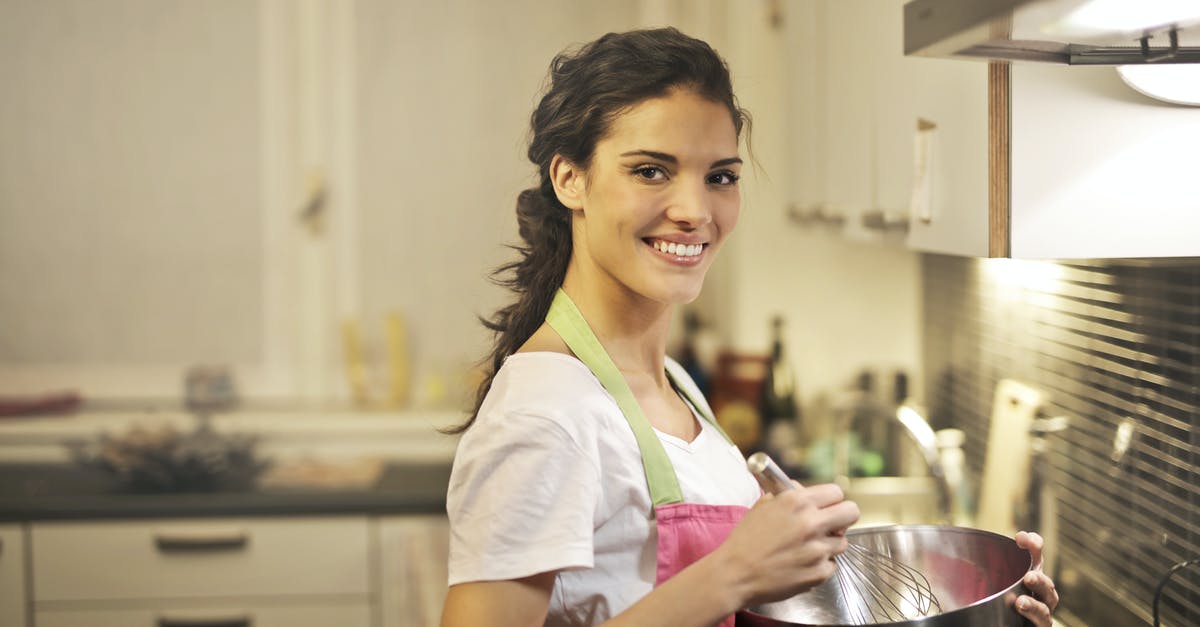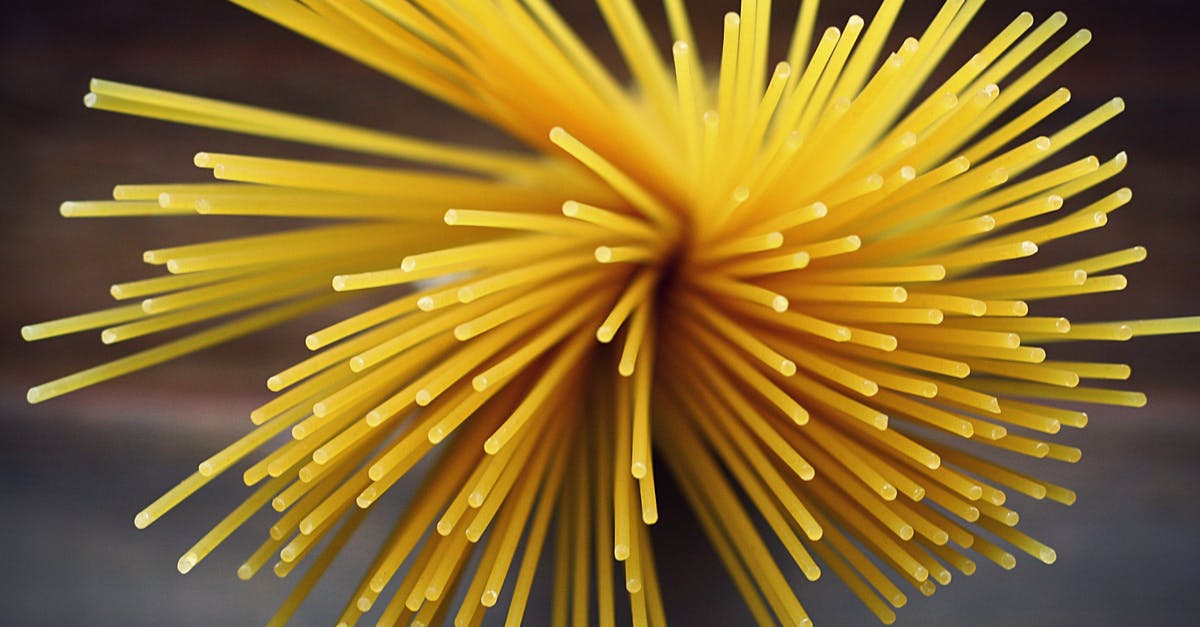How does cooking food changes its content of carbohydrates and sugar?

When cooking for diabetics it is important to keep the amount of carbohydrates and sugar low. So I am wondering how cooking food - particularly vegetables - changes the amount of carbohydrates and sugar.
For example when simmering tomatoes slowly for a long time they gain a lovely sweet taste - but does really the amount of sugar increases? And if so, does the amount of other carbohydrates decrease proportionally? Or do slow cooked tomatos become through cooking more dangerous to diabetics?
How to calculate it? Are there lists somewhere available showing carbohydrate and sugar content for vegetables in raw an cooked state?
ps: I did find a similar question about onions - From the answer I deduct that in the case of onions the sweeter taste is a perception effect not a real change in sugar or carbs.
Best Answer
This is a rather general question, and I will try to answer it in a general manner.
First, the total amount of carbohydrates will not change, or maybe there will be a neglible reduction due to things like burning tiny bits of surface carbohydrates to carbon, or cleaning the vegetables.
Second, the ratio of all carbohydrates to everything else can easily change, due to evaporation. So if you start with a vegetable that is 10% carbohydrates and 90% water, you can end up with one that is 30% carbohydrates and 70% water, rounded (the numbers I am using are pretty arbitrary, the real range is very large). It is easy to find out the direction of change yourself (the carbohydrate density will go up if you evaporate water, and down if you add water), but calculating the actual amount can be a pain. You'd have to know the initial density to start with, and then monitor the initial and final weight of the food.
Third, the ratio of sugar to nonsugar carbohydrates can change. It will always go from more complex to less complex carbohydrates - from polysaccharides to oligosaccharides to monosaccharides. So you can sometimes produce conditions under which starch turns into glucose, or sucrose turns into glucose+fructose, although this won't happen every time you cook. I cannot think of any cooking process that will convert sugars in the other direction. The magnitude of that conversion will vary wildly in practice, depending on the very specific chemical conditions in your cooking pot.
Fourth, there is another effect, but it is likely to be very small in magnitude. The browning of food happens during the Maillard reaction, which is a family of reactions between a carbohydrate and an amino acid. While it is best known from meat, where I think it involves mostly glycoproteins from the animal cells themselves, vegetables brown too, and I suppose some carbohydrates from the vegetables "disappear" in this kind of reaction. It is a thing that happens mostly on the surface of roasted food, and in a specific temperature range, so while it contributes a lot to the aroma, I don't think it actually converts much carbohydrates away.
Pictures about "How does cooking food changes its content of carbohydrates and sugar?"



Quick Answer about "How does cooking food changes its content of carbohydrates and sugar?"
It will always go from more complex to less complex carbohydrates - from polysaccharides to oligosaccharides to monosaccharides. So you can sometimes produce conditions under which starch turns into glucose, or sucrose turns into glucose+fructose, although this won't happen every time you cook.Does cooking decrease carbohydrates?
Cooking changes the Glycemic Index of carbohydrates but does not alter the amount of carbs. Particularly Potato and Plantain vegetable are changed of its GI drastically after cooking. So there are people who drink Plantain shakes instead of Banana shakes.How does cooking affect carbohydrates?
Starch molecules which are the main source of calories in many diets when heated in an aqueous or moist environment, swell, rupture and burst and starch gets gelatinized and this permits greater enzymatic digestion by enzymes like Amylases. Cooking thus increases the digestibility of carbohydrates.Does sugar change when cooked?
Think of a pan of cooking sugar as made up of hundreds and thousands of molecules. Just like any other food, the molecules that make up sugar begin to break down under high heat or prolonged exposure to heat.How does cooking affect sugar?
Cooking increased total sugar content especially reducing sugars. This effect was different among cultivars and cooking methods. Cooking methods did not have any significant effects on non-reducing sugar content, which is in agreement with the results of Bian and Damir [24,25].Carbohydrates \u0026 sugars - biochemistry
Sources: Stack Exchange - This article follows the attribution requirements of Stack Exchange and is licensed under CC BY-SA 3.0.
Images: Andrea Piacquadio, Andrea Piacquadio, Pixabay, Andrea Piacquadio
